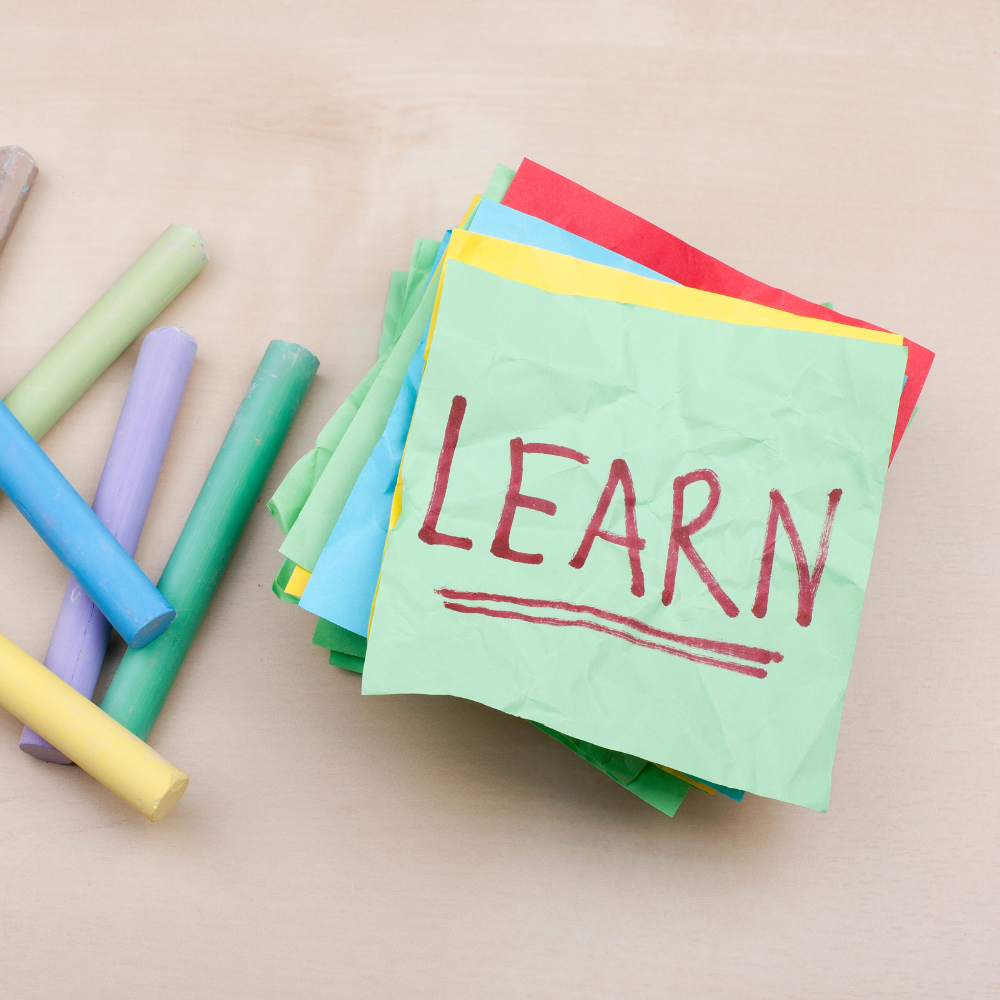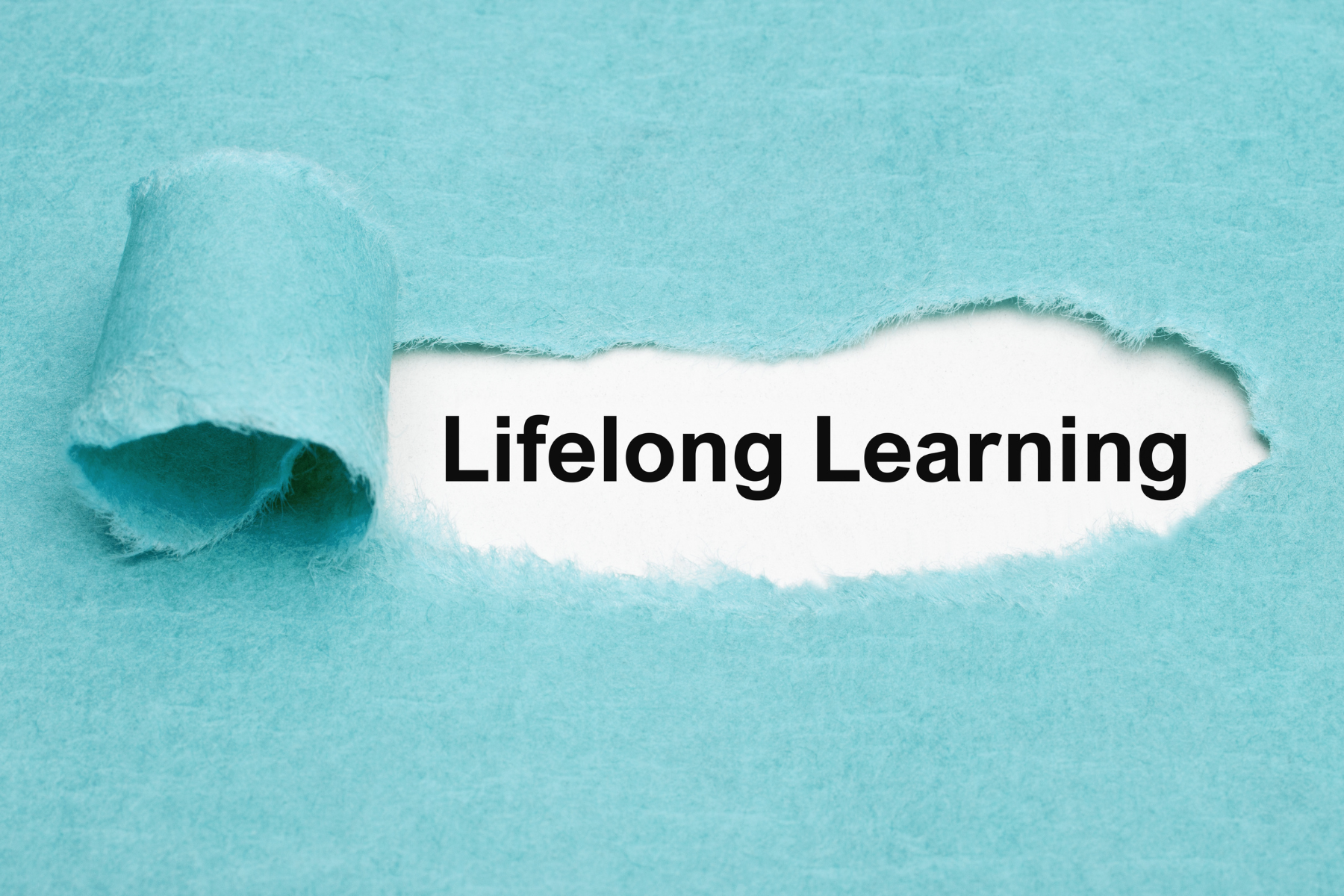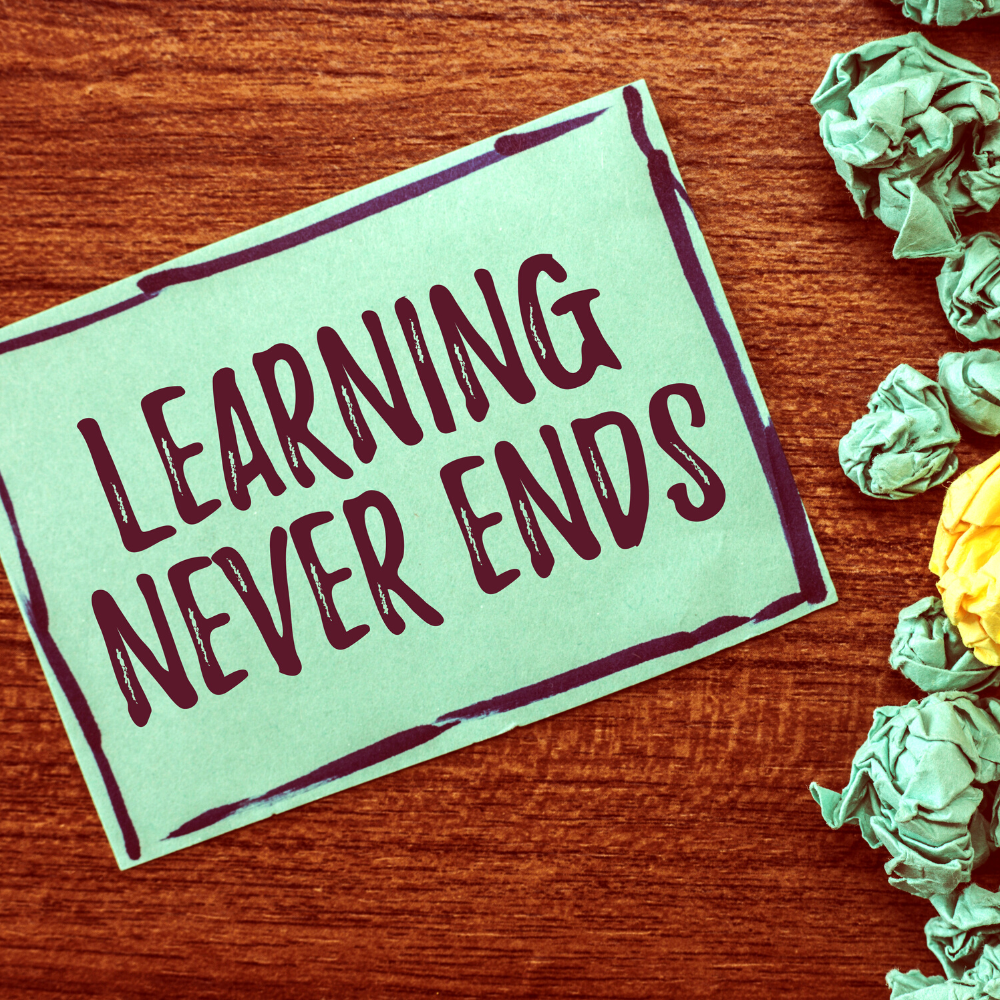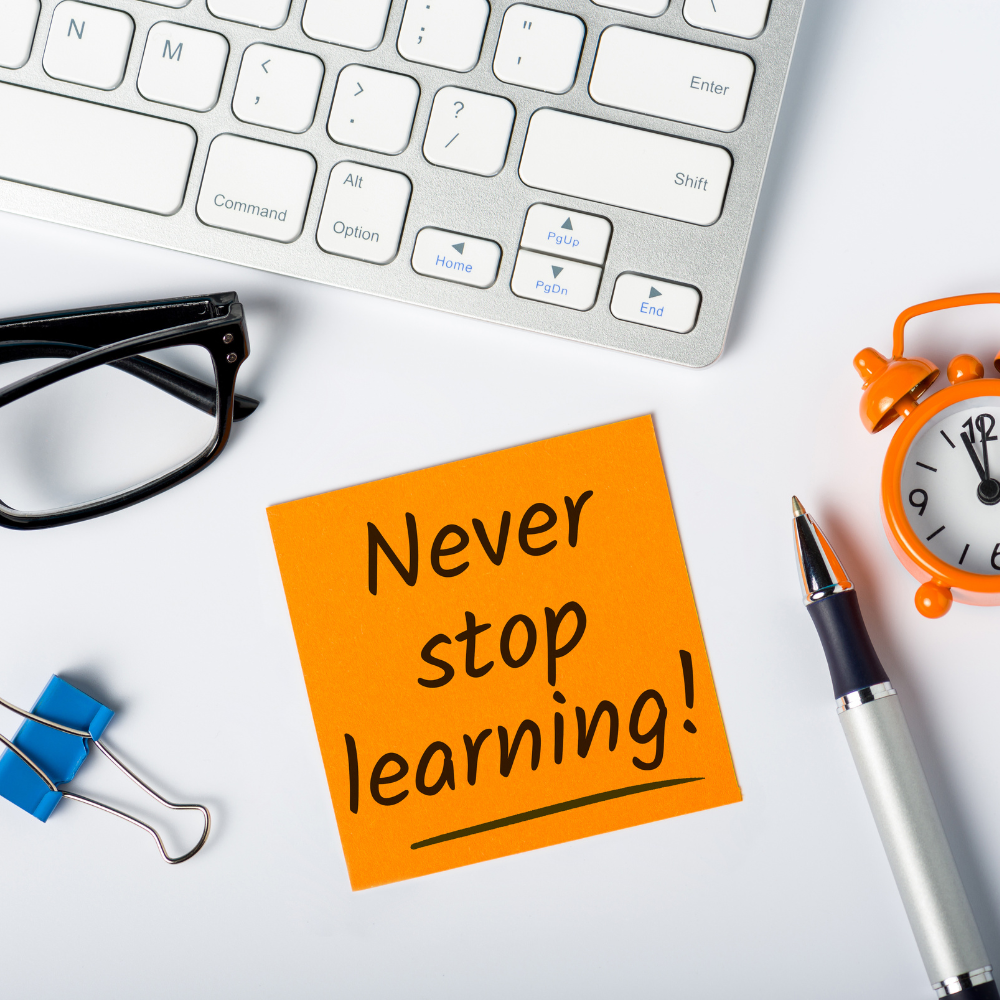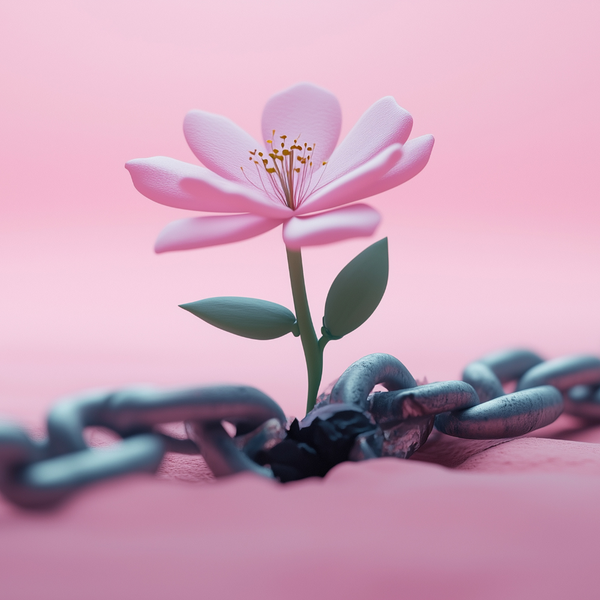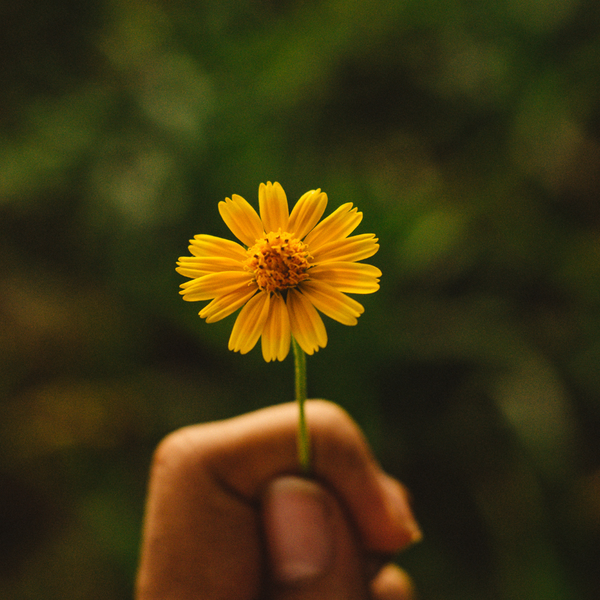Do you ever feel like you've reached a stand-still in your creative career and need to do something to give yourself a new perspective?
Do you wish you could just drink a magic potion and become an expert at everything overnight?
Well, we can't promise you an elixir of wisdom (if we had it, we'd be on a beach in Bali right now), but we can reveal the secret ingredient to becoming a perpetual learner—continuous learning!
Developing an outlook of continuous learning should become your priority because not only will this help you stay motivated and engaged, but it also sets the perfect path for personal growth.
This post on becoming a continuous learner will help you develop the right mindset to fuel your lifelong learning journey!
Learning is a lifelong journey that can help spark your creativity and lead to incredible ideas.
Becoming a continuous learner may sound intimidating at first, but trust us - it’s easier than you think!
With the right mindset for learning and some helpful tips from us artists-in-the-know, you can be on your way to becoming a master of all trades in no time.
As an artist, becoming a continuous learner is key to staying current on trends while fostering creativity!
Whether you’re just starting out or have been through the art scene for years, understanding how to continuously educate yourself is essential.
Let's dive into the importance of continuous learning for artists and creatives, and develop a mindset for lifelong learning!
Read on to find out how to nurture an ongoing enthusiasm for increasing knowledge and expanding skill sets in both art and other areas!
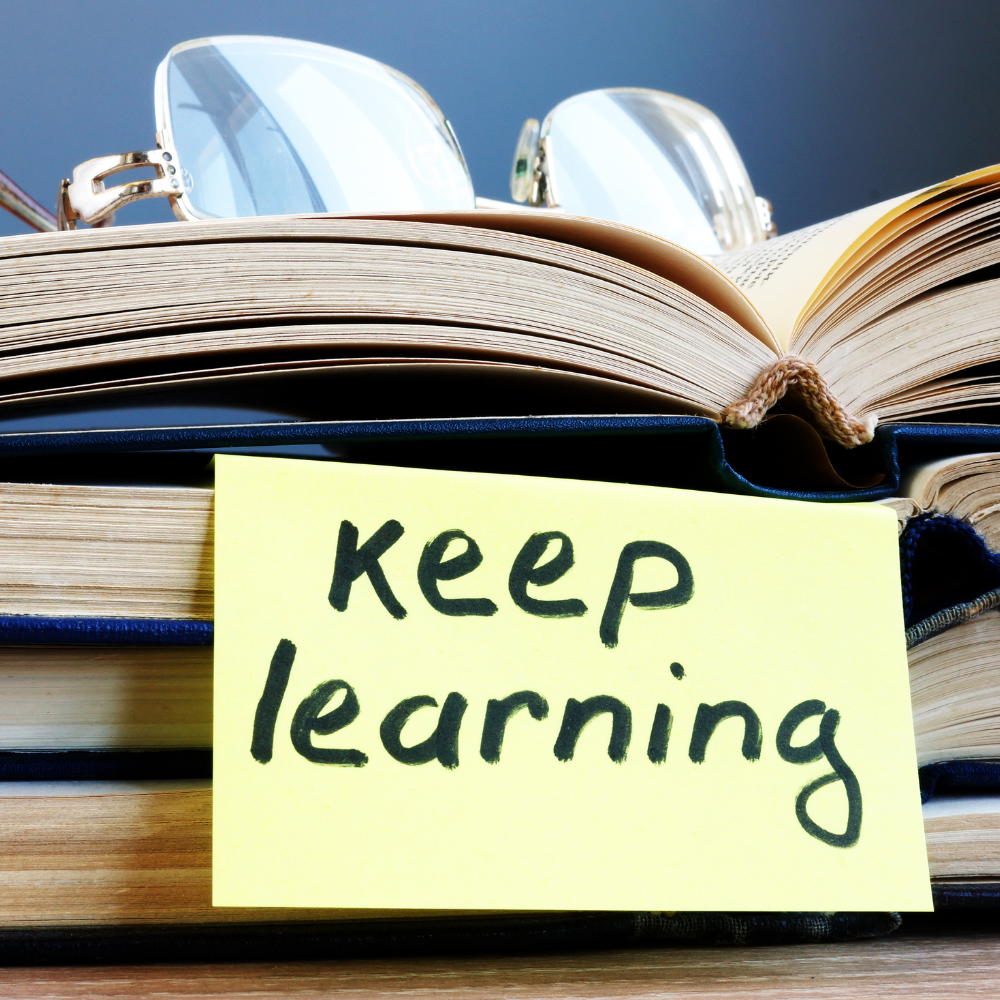
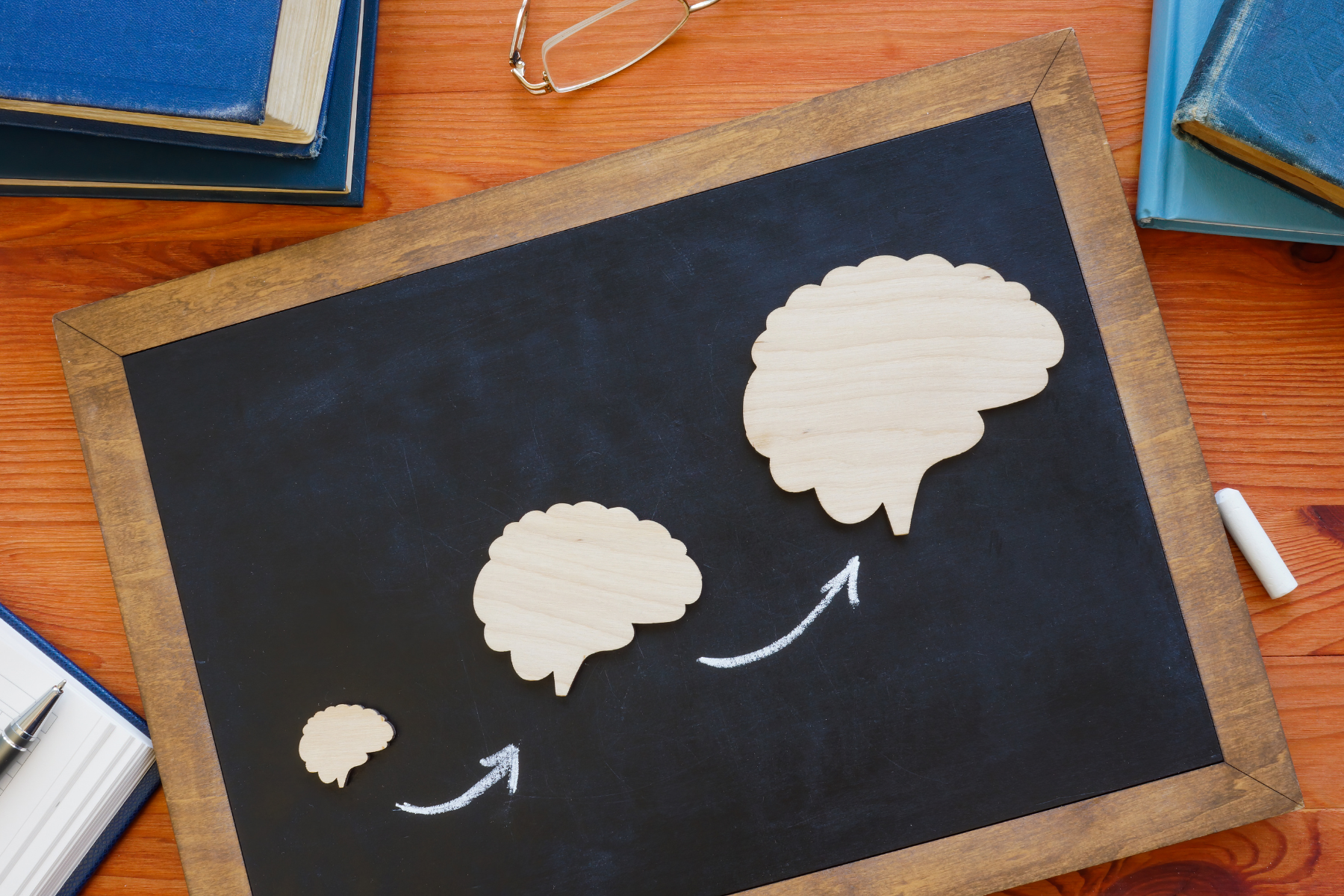
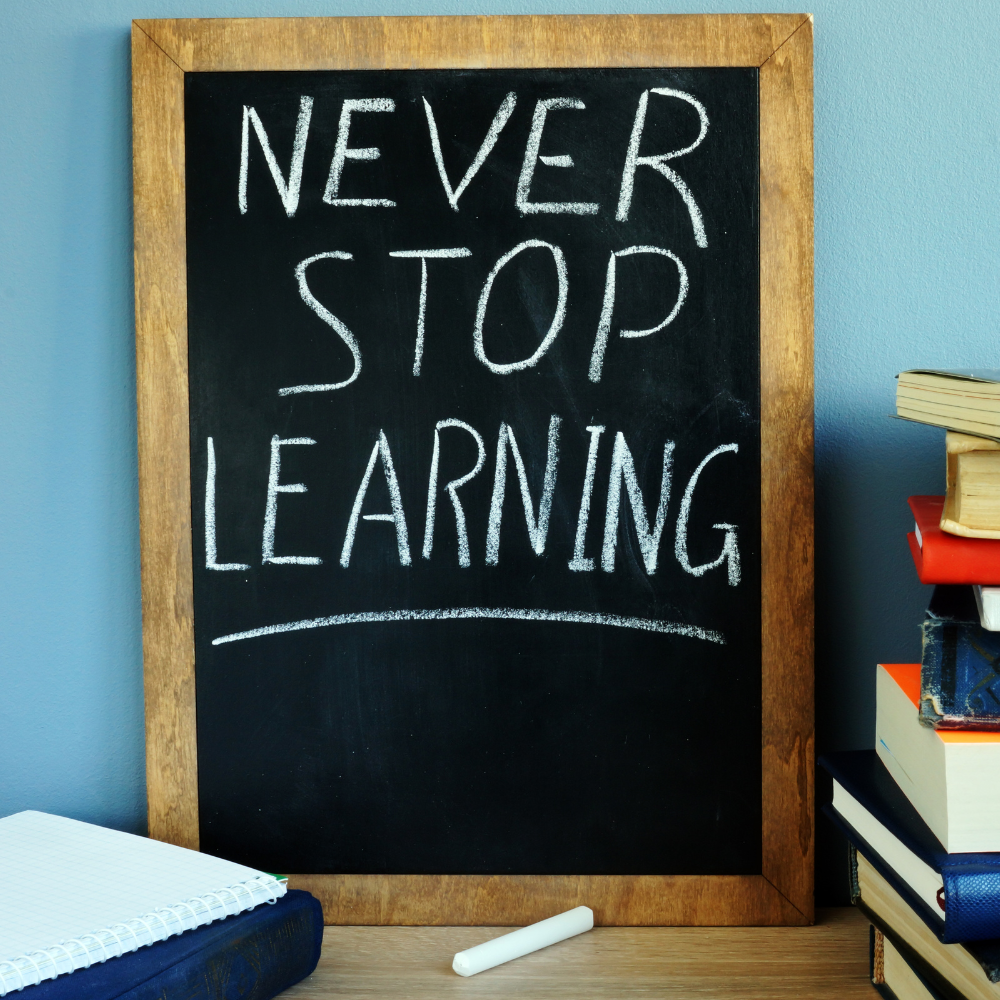
Why Bother with Continuous Learning?
As an artist, your creativity is the foundation of your work, but creativity doesn't just appear out of nowhere; it takes constant effort to fuel that creative process.
Learning is one of the most effective ways to keep your creativity alive and kicking.
Learning improves your skills and gives you new perspectives that you can use to explore, innovate, and create.
The world of creativity is an exciting and ever-changing playground, and to truly make the most of it, we must embrace the concept of lifelong learning.
In an era of rapid technological advancement and a constantly shifting creative landscape, staying static is not an option.
Lifelong learning is your ticket to staying relevant, enhancing your skills, and unlocking endless opportunities.
It's not just about professional growth—it's also about personal development.
Lifelong learning fosters curiosity, promotes adaptability, and fuels innovation.
It transforms you from a passive observer to an active participant in your own life and career.
By embracing continuous learning, you are investing in yourself and your future.
You are committing to a journey of self-discovery, exploration, and growth.
The benefits of continuous learning?
You'll get better at your craft, keep your brain as sharp as a freshly sharpened pencil, and open doors to opportunities you didn't even know existed.
But let's not forget the most crucial aspect of continuous learning benefits—it's fun!
Continuous learning is exciting, challenging, and intellectually stimulating.
It opens doors to new experiences, introduces you to different perspectives, and helps you connect with like-minded individuals.
The possibilities are endless when it comes to what you can learn and how that will impact your life.
So, why wouldn't you want to become a lifelong learner?
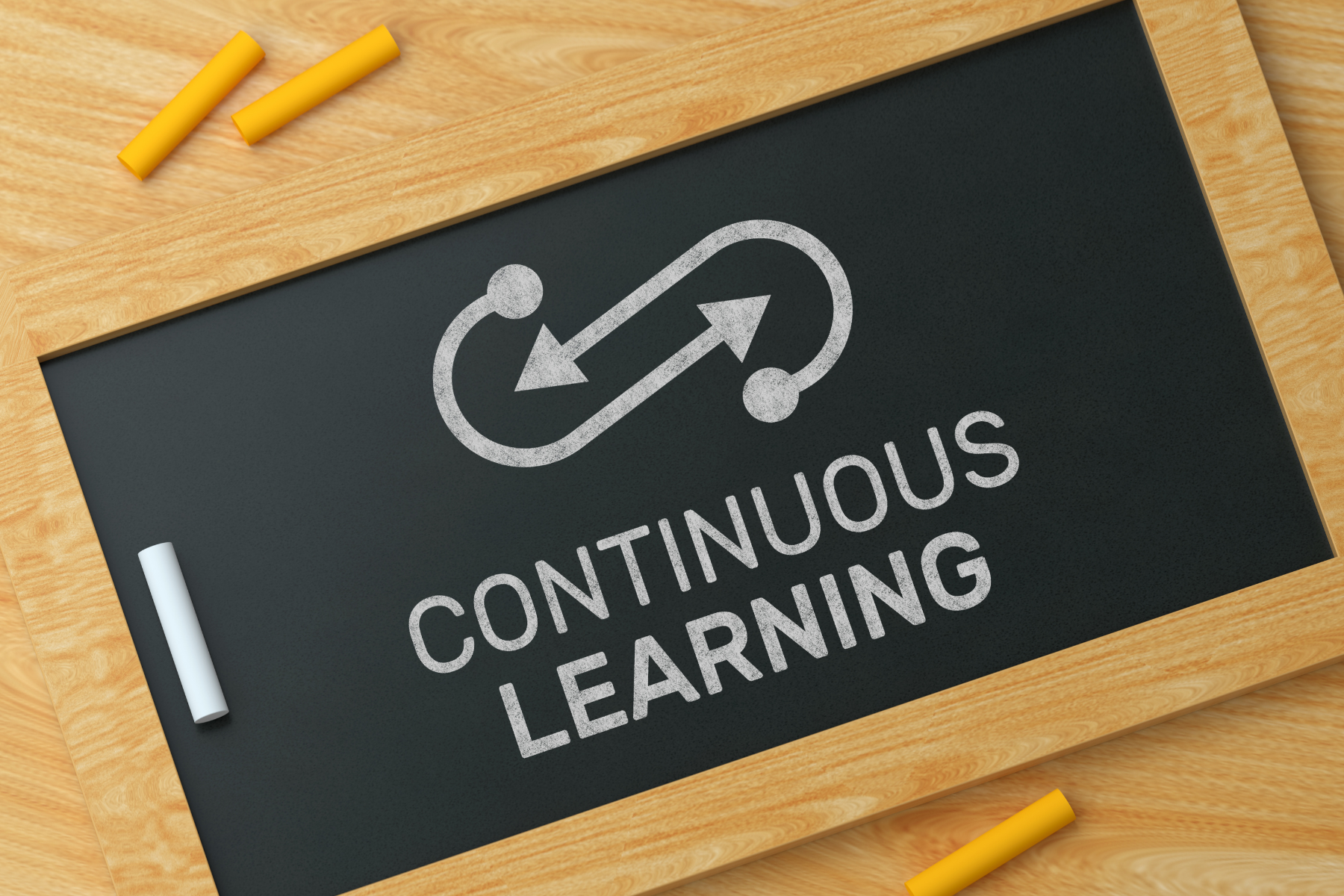
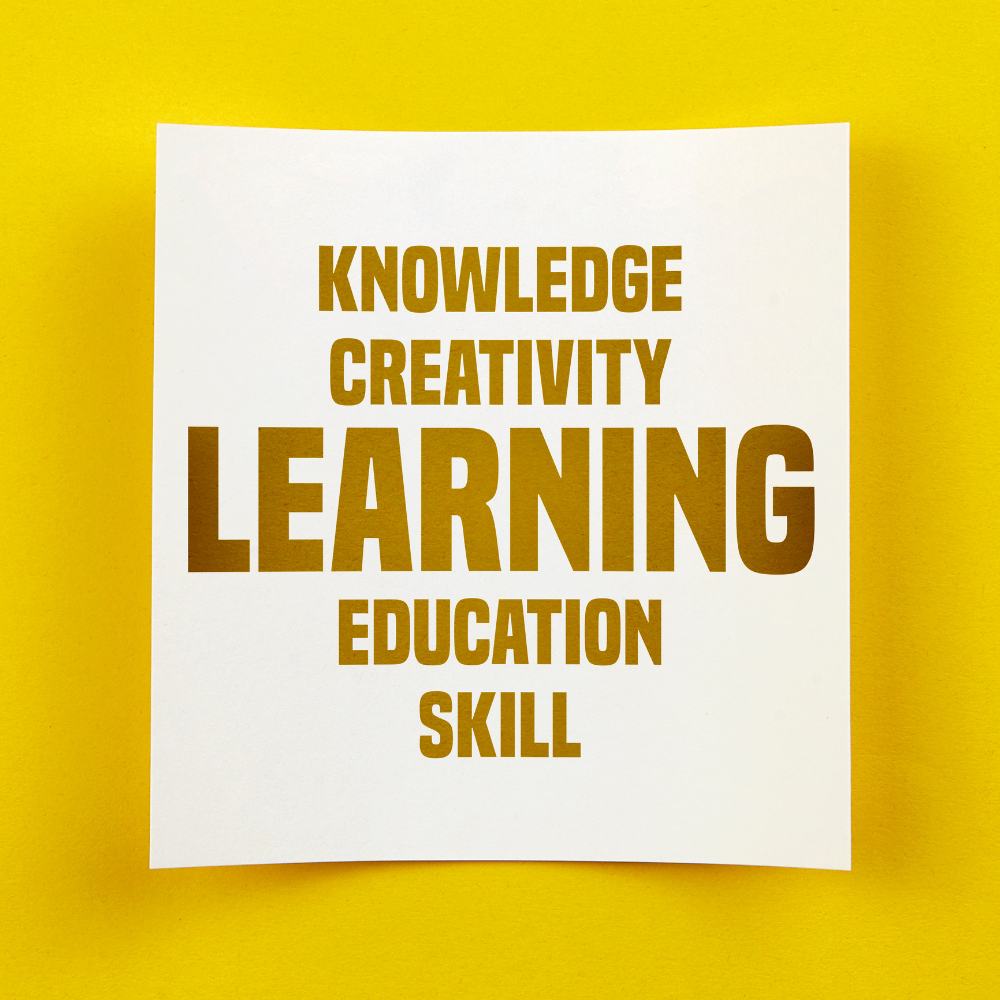
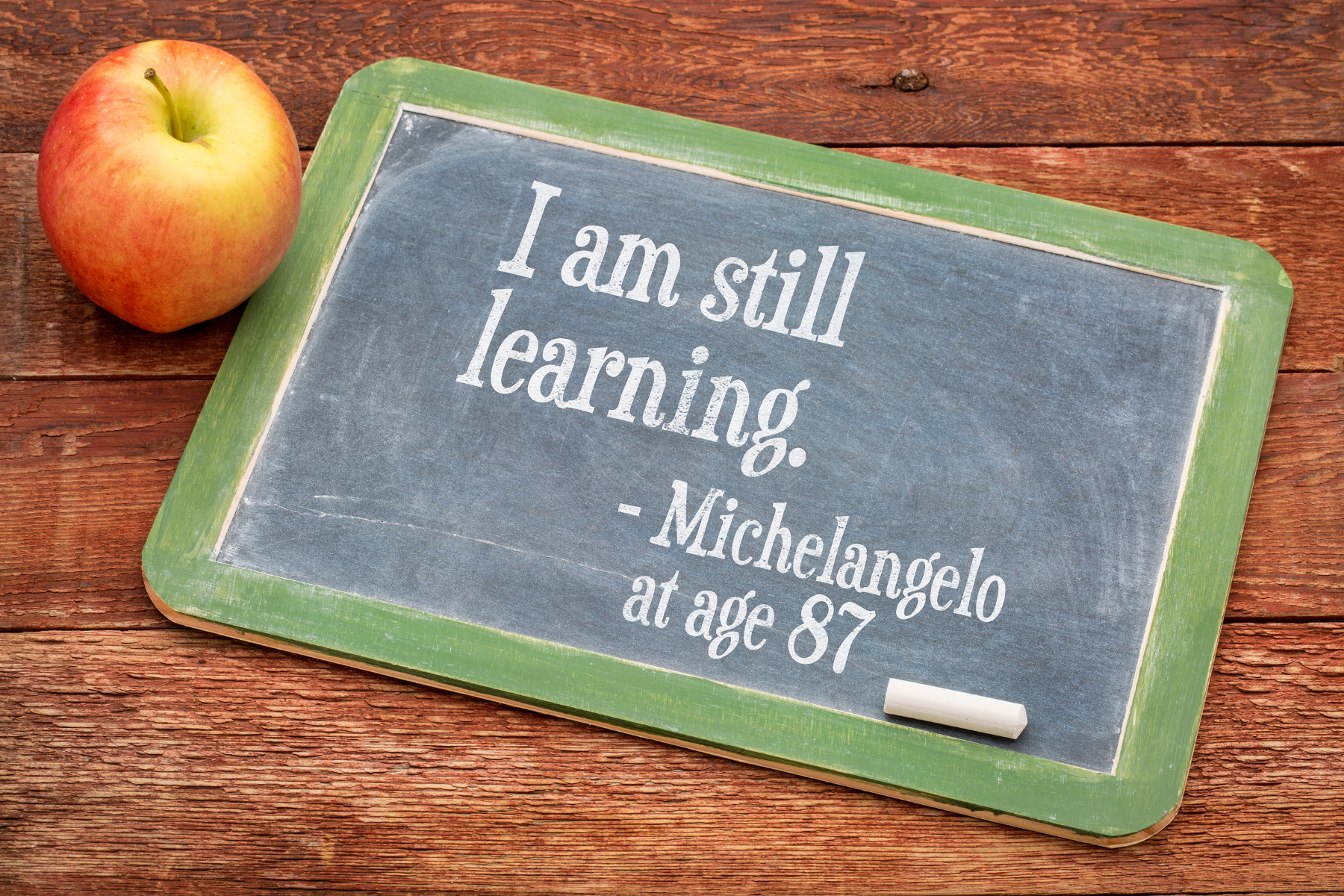
Exploring the Modes of Learning
Now that we've established the importance of continuous learning, let's dive into how to actually go about it.
Lifelong learning isn't confined to the four walls of a classroom; it's a journey that takes many forms.
There are several modes of learning available, each with its own set of benefits and challenges.
Here are a few of the most popular ways to continuously educate yourself:
- Online Courses:
With the rise of technology, online learning has become incredibly popular.
There are countless websites and platforms offering courses on various topics, including art and creativity; platforms like Coursera, Udemy, and Skillshare offer a wealth of knowledge on various subjects.
These courses allow learners to study at their own pace, making it ideal for those with busy schedules.
- Workshops and Seminars:
Attending workshops and seminars provides an excellent opportunity to learn from industry experts.
These events often offer hands-on experience and the chance to network with other creatives.
They also offer opportunities to learn from industry experts and network with like-minded individuals.
Professional development conferences and training courses are another great option for continuous learning.
- Reading Books or Articles:
Books and articles are a great way to gain knowledge on specific subjects or techniques.
Books are your quiet mentors, offering insights and perspectives that can change your life.
You can even access digital versions of these resources for easy reading on the go.
- Formal Education:
Formal learning, such as attending college or university courses, provides a structured learning environment.
This could range from degree programs to short-term courses that offer structured learning experiences.
This mode of learning offers specialized knowledge and usually results in a recognized degree or certificate.
It also allows for hands-on experience and access to experienced instructors.
Continuous training programs are also available in specific industries, providing future opportunities for professional growth and development.
- Informal Education:
Informal education refers to learning through everyday experiences and interactions.
This could include attending events, joining a club or group, learning from experiences, observations, interactions in day-to-day personal life, or even just having conversations with others in your field.
Informal education offers a more organic approach to learning and encourages self-directed exploration.
Self-directed learning is a crucial skill for continuous learners, and informal education promotes just that.
- Mentorship:
Having a mentor is an invaluable resource for continuous learning.
A mentor can provide guidance, share their knowledge and experiences, and help you navigate your creative journey.
They are someone who has been where you want to go and can offer real-world insights that cannot be found in books or articles.
- Networking:
Networking is another way to continuously learn and grow.
By connecting with other artists, creatives, and industry professionals, you can learn from their experiences and gain valuable insights into the creative world.

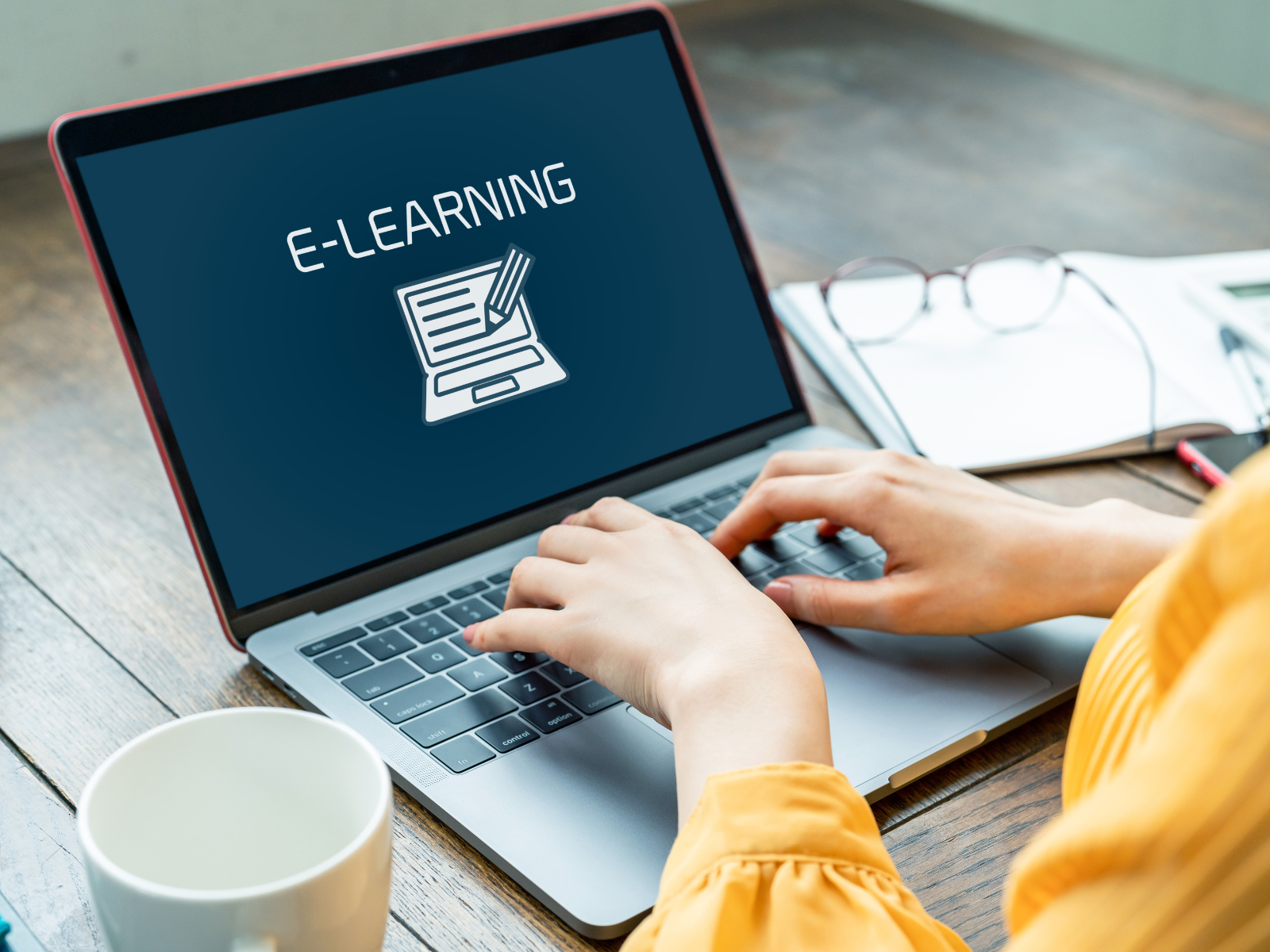
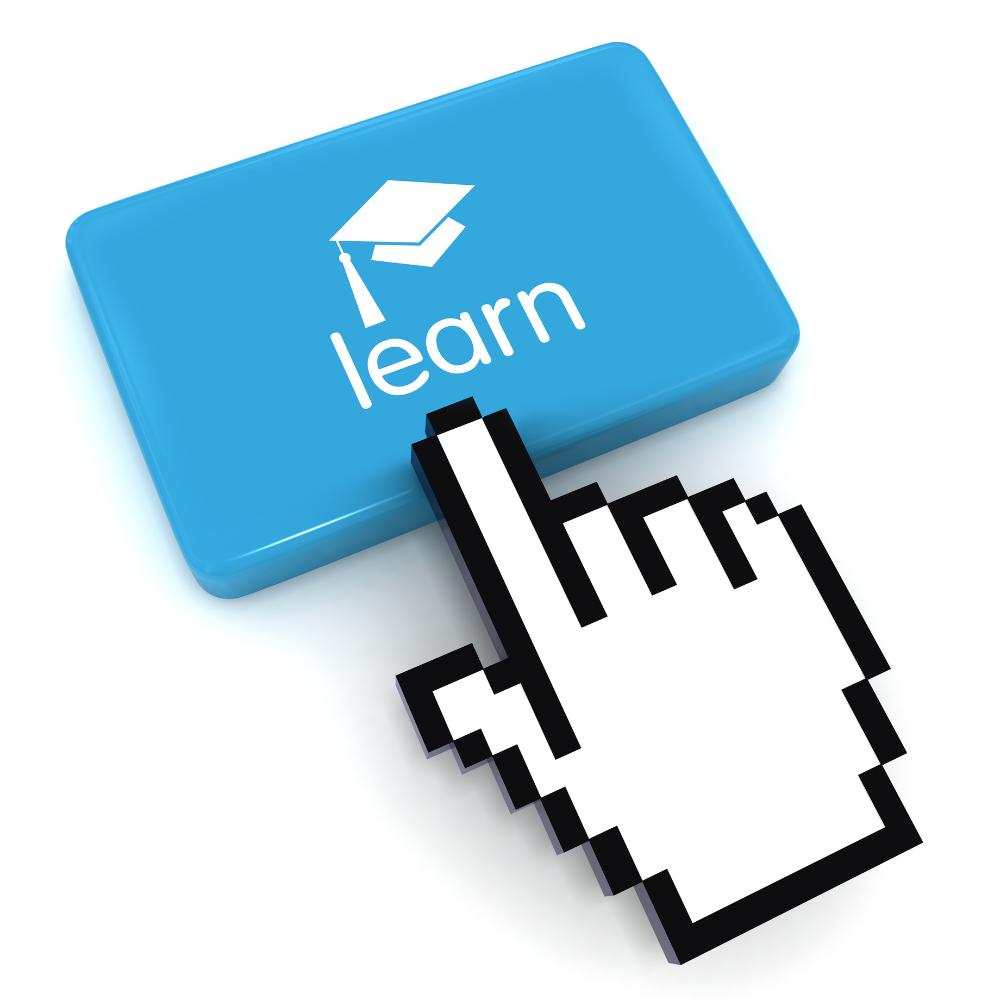
Embracing a Growth Mindset
No matter what mode of learning you choose, there are certain mindsets that will help you make the most out of your continuous learning journey.
One of the most important mindsets to embrace is a growth mindset.
A growth mindset is the belief that our abilities and intelligence can be developed over time through effort and dedication.
This means recognizing your potential for growth and believing that your skills can always improve with practice and effort.
This contrasts with a fixed mindset, which believes that our abilities are limited by our innate talents or lack thereof; a fixed mindset assumes that you have a limited set of abilities and can't change them no matter how hard you try.
Embracing a growth mindset allows for continual improvement and learning throughout life.
It encourages resilience, curiosity, and a willingness to take on new challenges.
Embracing a growth mindset frees you to experiment, take risks, and learn from your mistakes.
Instead of getting discouraged by challenges, you see them as opportunities for learning and development.
So, how can you cultivate a growth mindset? Here are a few tips:
- Embrace Challenges:
Instead of shying away from challenges, embrace them as opportunities for growth and learning.
Don't be afraid to try new techniques or mediums; challenge yourself to step out of your comfort zone and see where it takes you.
- View Mistakes as Learning Opportunities:
Mistakes are inevitable, but they also offer valuable lessons.
Rather than getting discouraged by mistakes, view them as an opportunity to learn and improve your skills.
- Seek Feedback:
Feedback is crucial for growth.
Be open to constructive criticism from others, whether it's from a mentor, instructor, or fellow artists.
Use this feedback to improve and refine your skills.
- Persistence is Key:
Continuous learning takes effort, dedication, and persistence.
Constant learning and growth require a strong work ethic and the determination to keep going, even when things get tough.
Don't get discouraged if you don't see immediate results; keep pushing forward and trust that growth will come with time and practice.
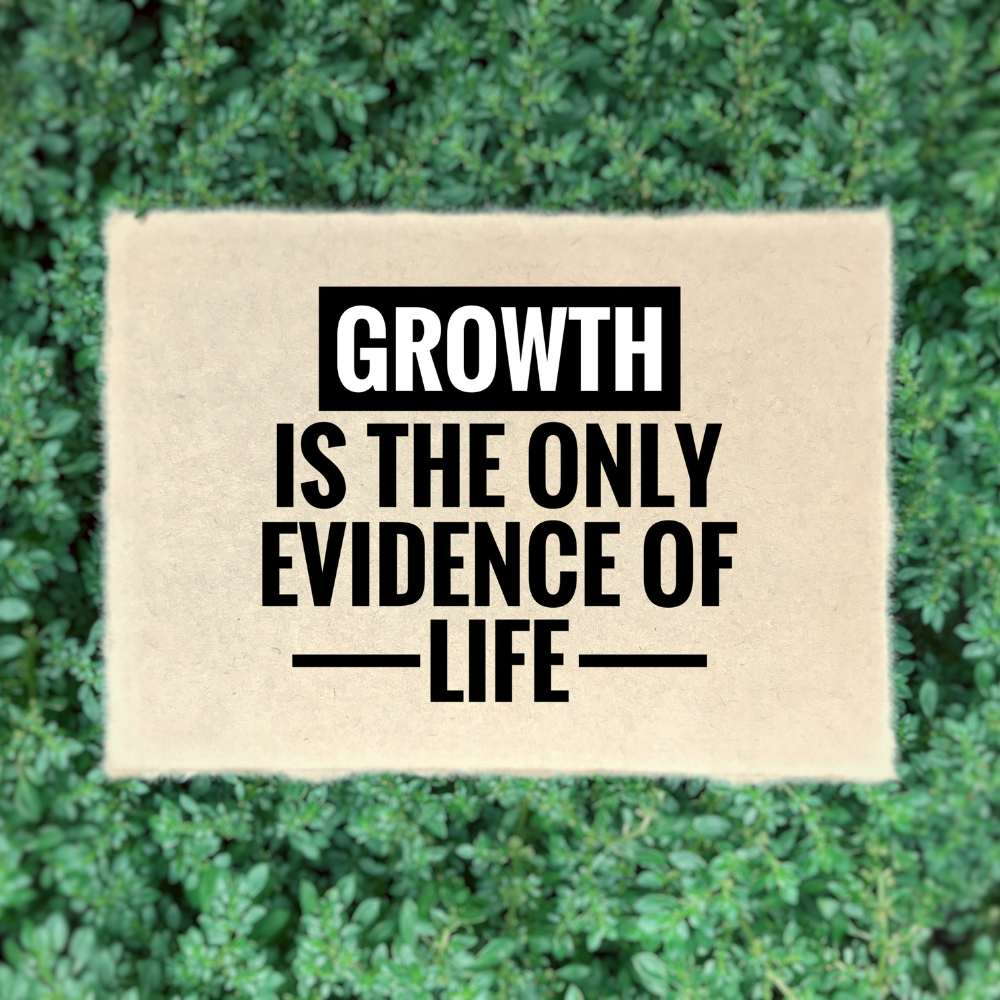
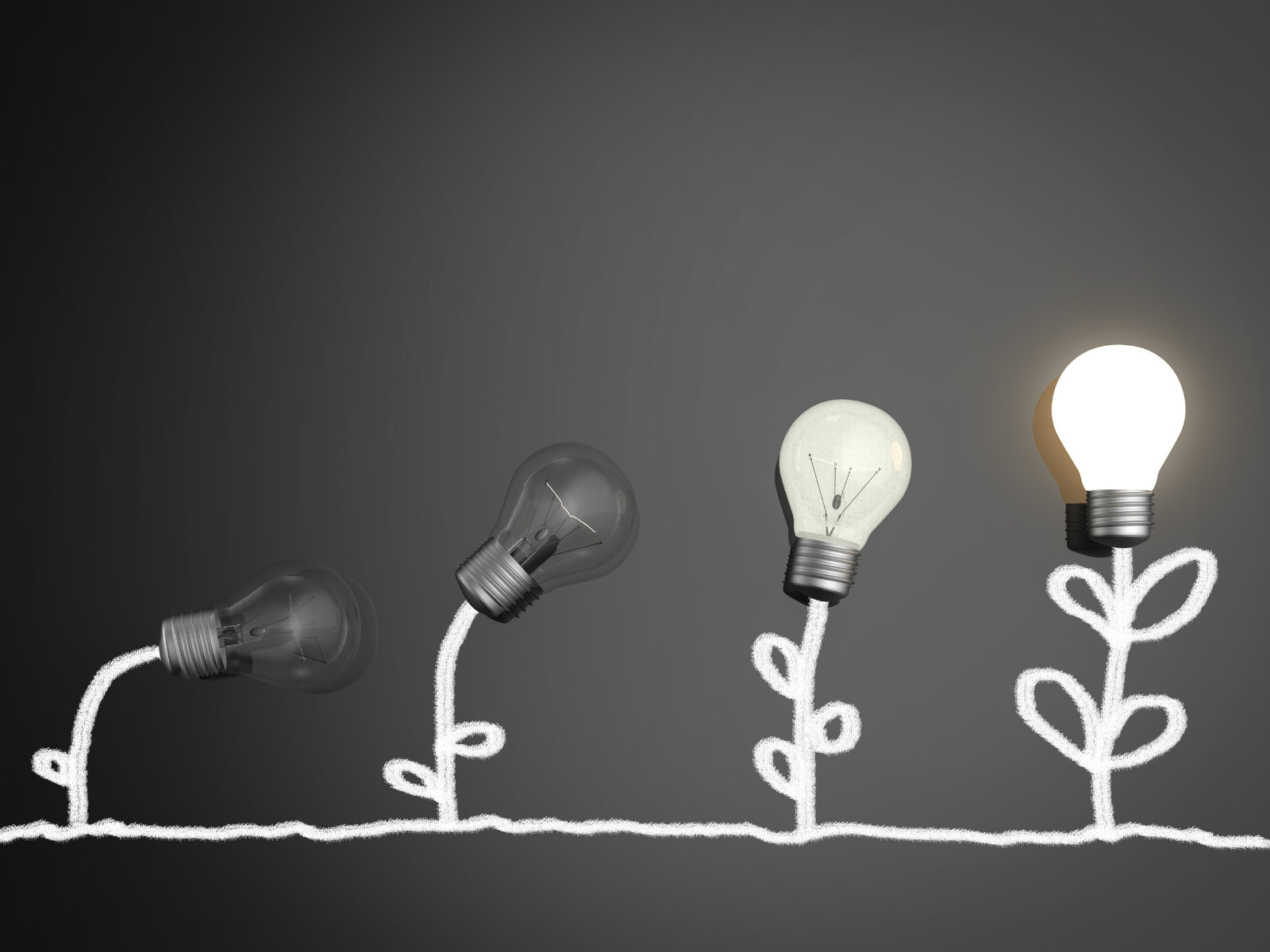
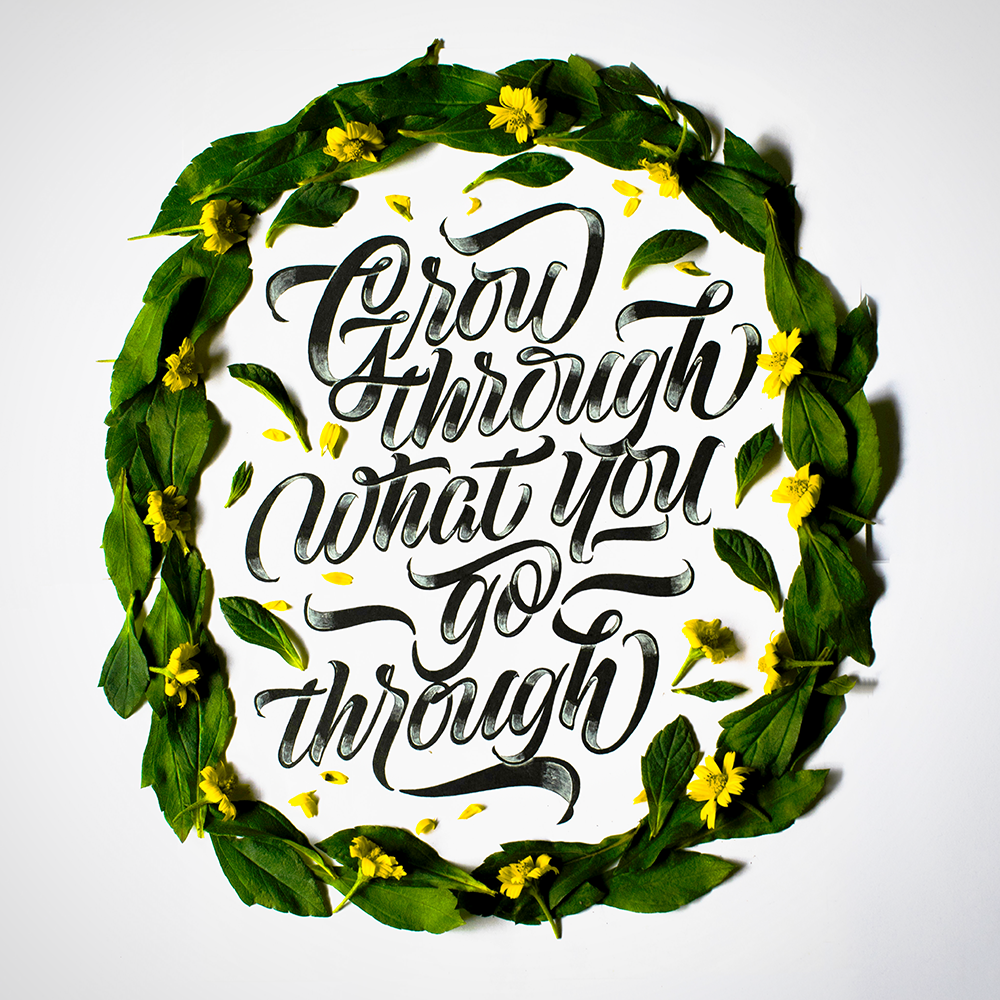
Pursue Passions and Expand Horizons
Learning is most effective when it's something you're passionate about.
When you're genuinely interested in a topic, you're more likely to stay engaged and motivated, and less likely to give up when the going gets tough.
Identify the areas that excite you and focus on learning more about them.
Maybe you're fascinated by portrait drawing, or you're drawn into the world of surrealism.
Whatever it is, pursue it with curiosity and enthusiasm.
Continuous learning isn't just about honing your skills; it's also about expanding your horizons and exploring new interests.
While it's important to focus on the things that inspire you, it's also essential to stretch your boundaries and try new things.
Step out of your comfort zone and explore areas that challenge you.
For example, if you're a painter, try experimenting with sculpture or printmaking.
Pushing yourself to learn new skills and techniques can lead to breakthroughs in your own work that you wouldn't have discovered otherwise.
As creatives, we often tend to focus on one area, whether it's painting or sculpting or digital design.
But by continuously educating ourselves in other areas, we can enrich our creative process and discover new passions.
Think of it as cross-training for your brain.
Exploring different mediums and techniques can also help you enhance your existing skills.
For example, if you're a painter, learning photography can improve your understanding of composition and lighting.
Don't be afraid to step out of your comfort zone and try something new.
You never know where it might take you!

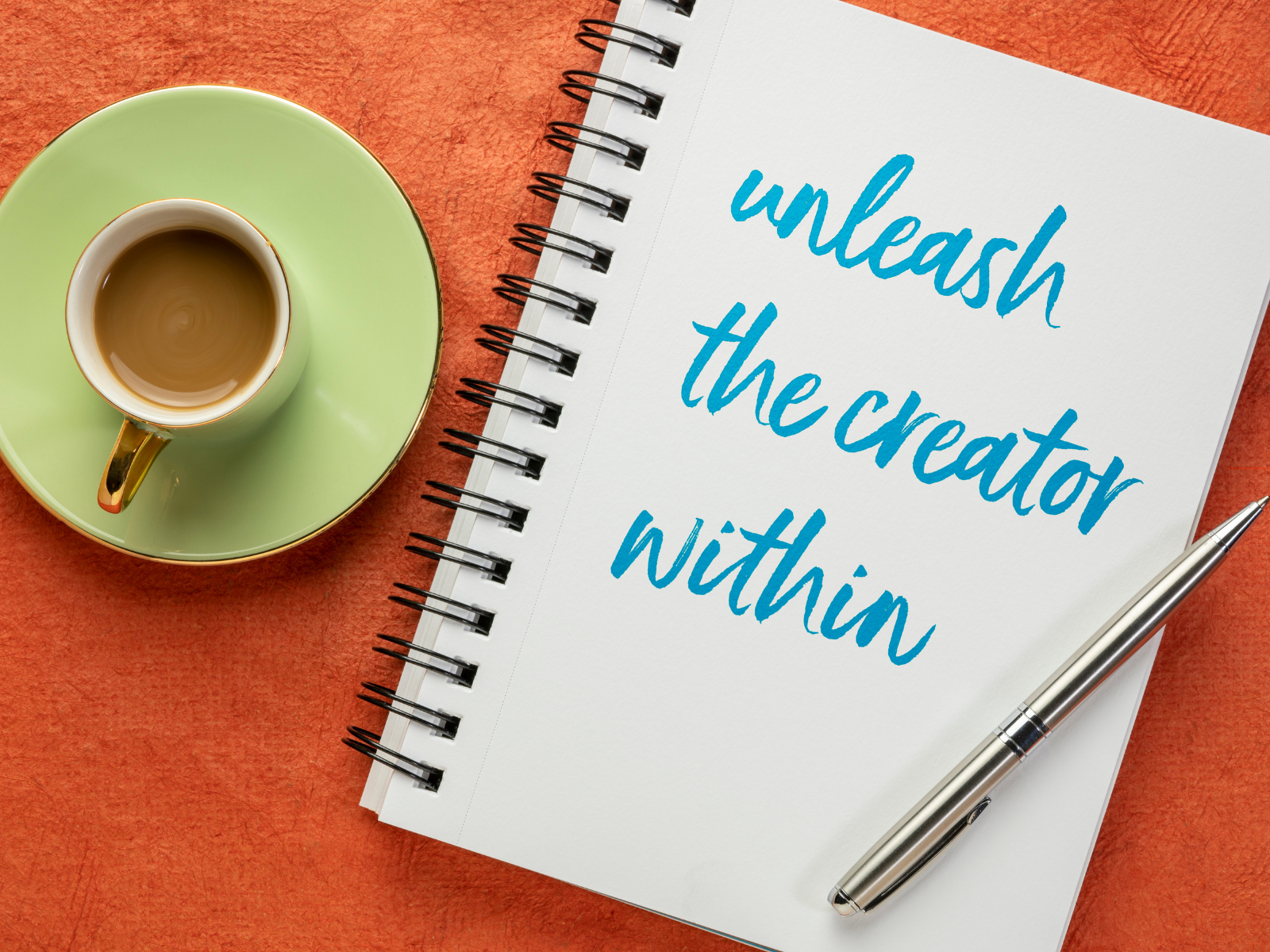
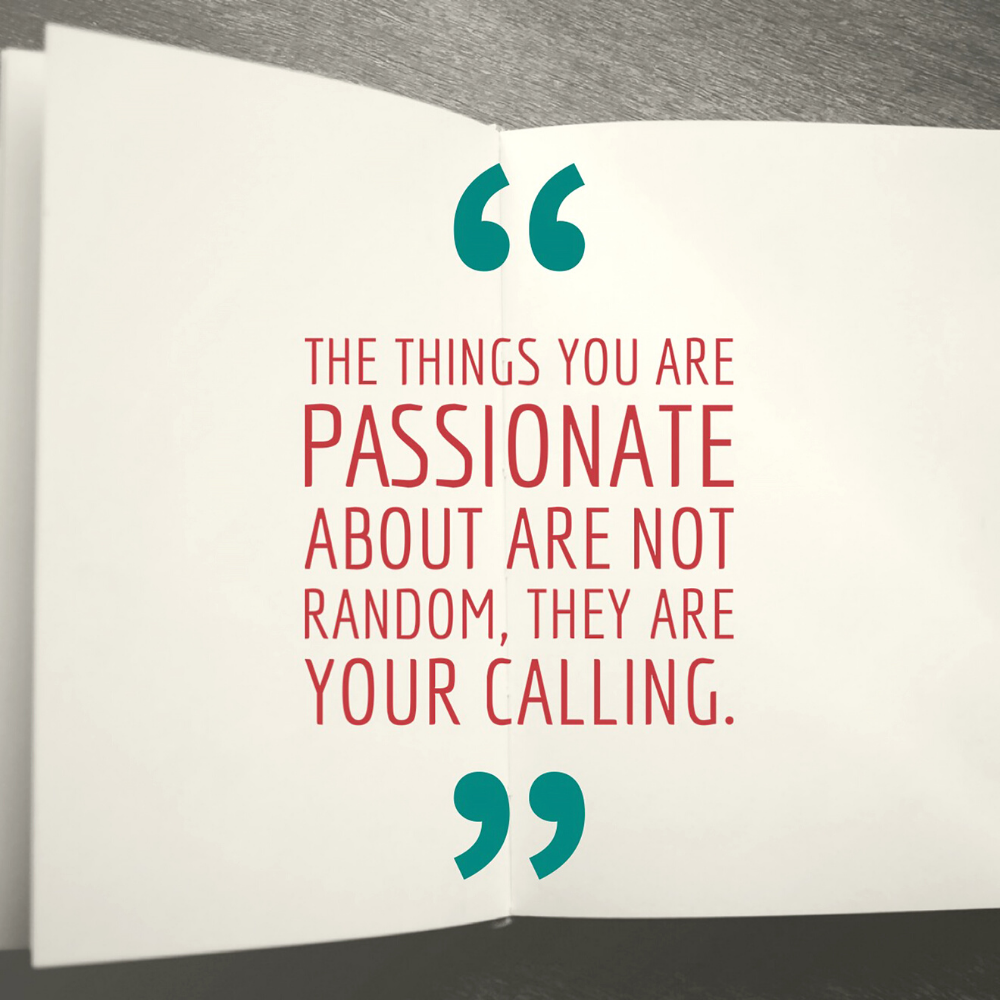
Use Multiple Sources and Continuously Practice
When it comes to continuous learning, variety is key.
Don't rely on just one source of information; instead, seek out multiple sources to get a well-rounded understanding of a topic.
There are many ways to learn in today's world, whether through online classes, offline workshops, books, or even just observing other artists and creatives.
Read books and articles, attend workshops and seminars, watch online tutorials, and connect with other artists for mentorship or networking opportunities.
Combining multiple sources of learning can help you gain a broader perspective and improve your understanding of a topic, rather than relying on a single source.
And remember to continuously practice what you learn because the most vital aspect of learning is putting your newfound knowledge to the test.
Knowledge without action is wasted, so set aside time each day to apply new techniques or explore new ideas.
Practice doesn't make perfect; it makes progress.
The more you practice your craft, the better you'll become at it; put in the time and effort to practice regularly, and you'll see the progress over time.
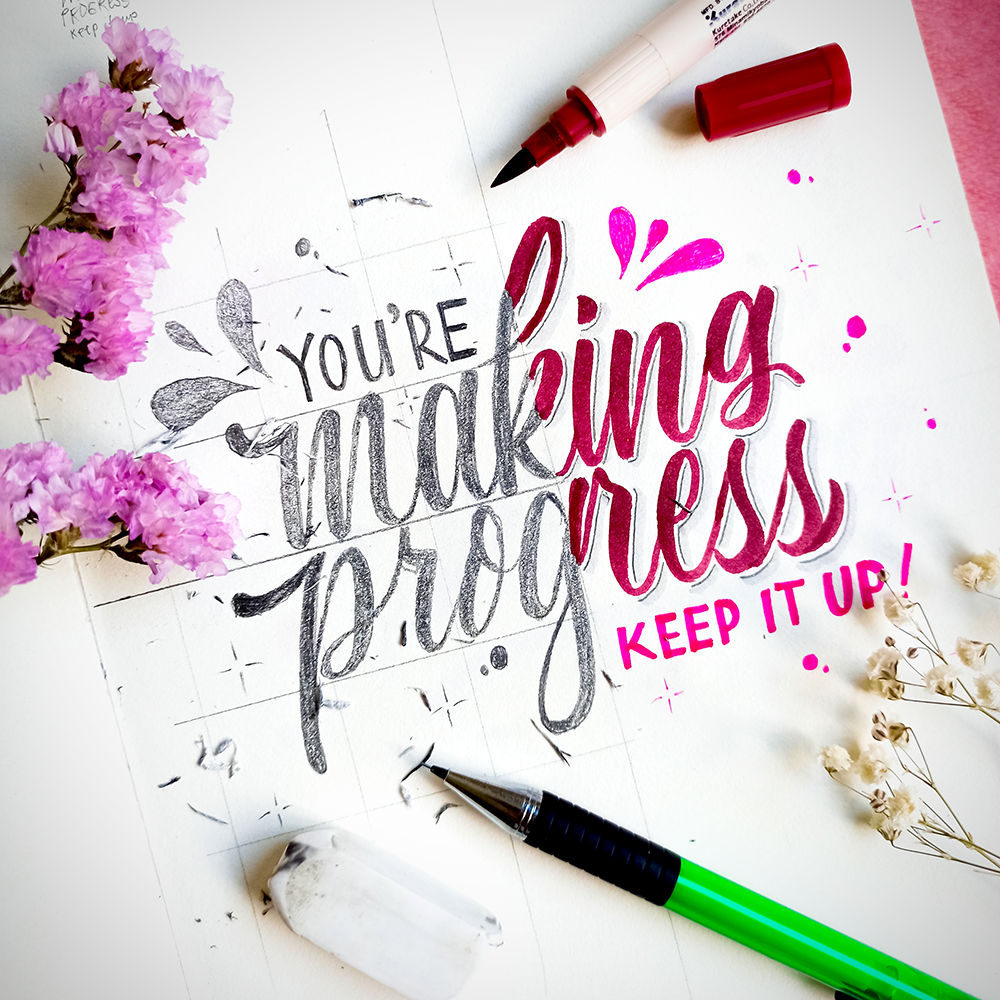
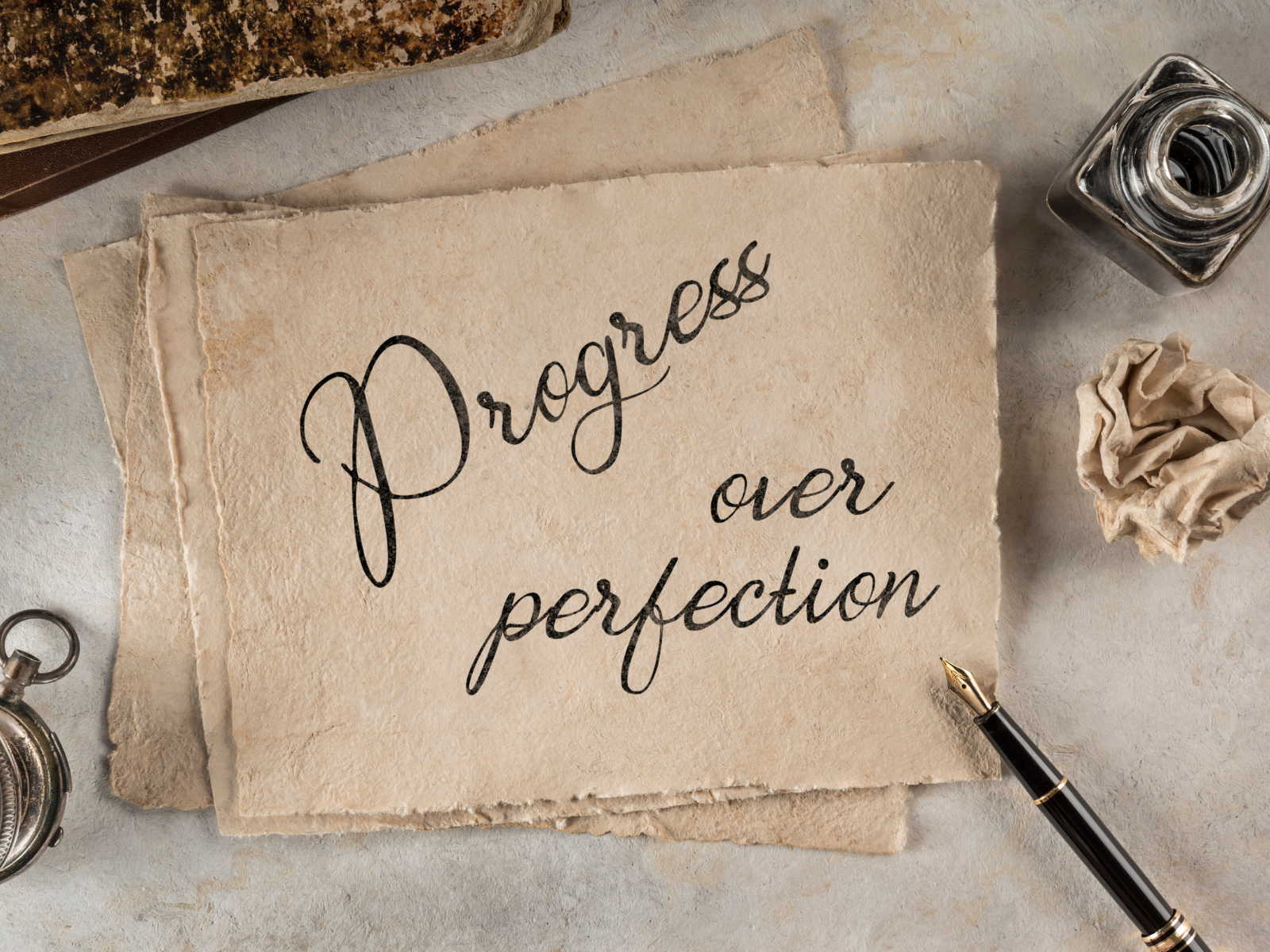
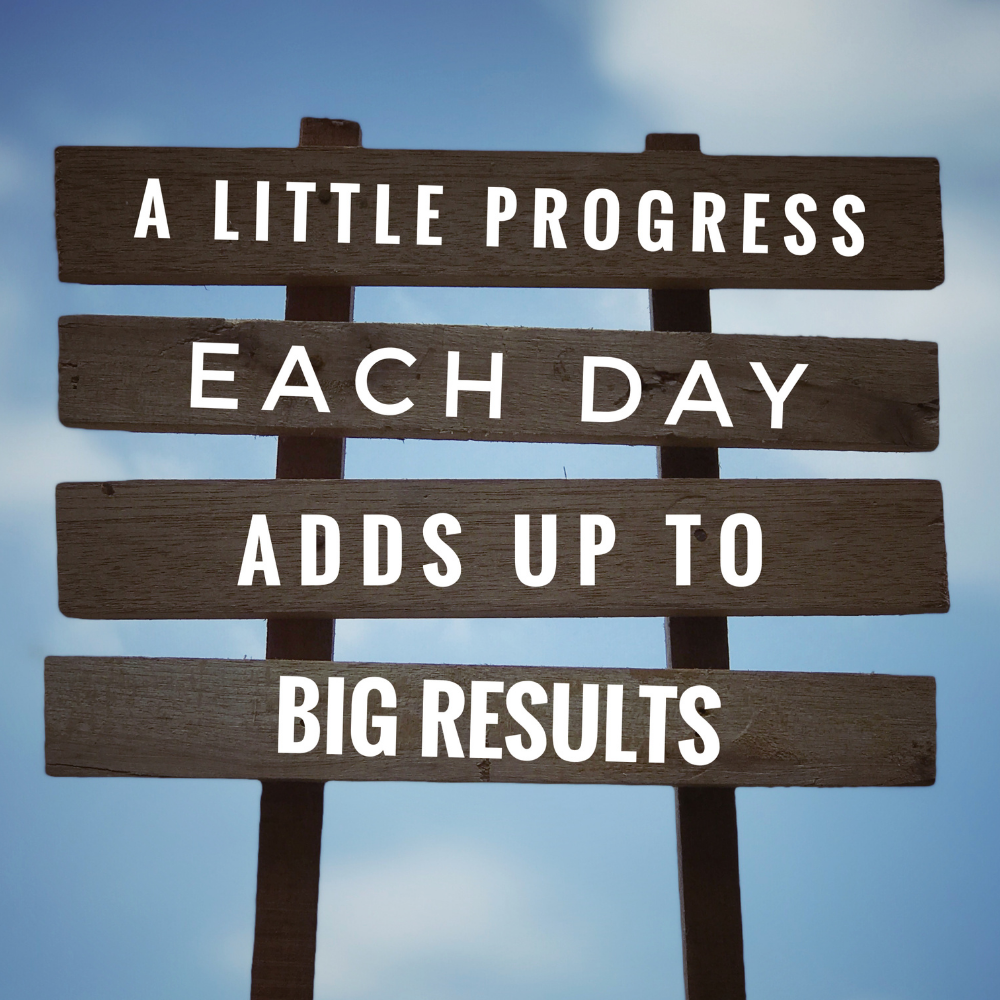
Key Elements for Successful Learning
Becoming a lifelong learner requires more than just consuming information—it involves a strategic approach:
- Goal Setting: Identify what you want to learn. Make your goals SMART—Specific, Measurable, Achievable, Relevant, and Time-bound.
- Accountability: Share your learning goals with a friend or mentor who can hold you accountable.
- Motivation: Keep your 'why' clear. Your motivation could be personal growth, professional advancement, or simply the joy of learning.
- Organization: Plan your learning schedule. Allocate specific time slots for learning in your daily routine.
- Reflection: Regularly assess your progress. Reflect on what you've learned and how you can apply it.
- Application: Apply what you've learned to real-life scenarios. Practice makes perfect, after all!
By incorporating these key elements into your learning journey, you'll be setting yourself up for success and ensuring that your continuous learning efforts are effective and efficient.
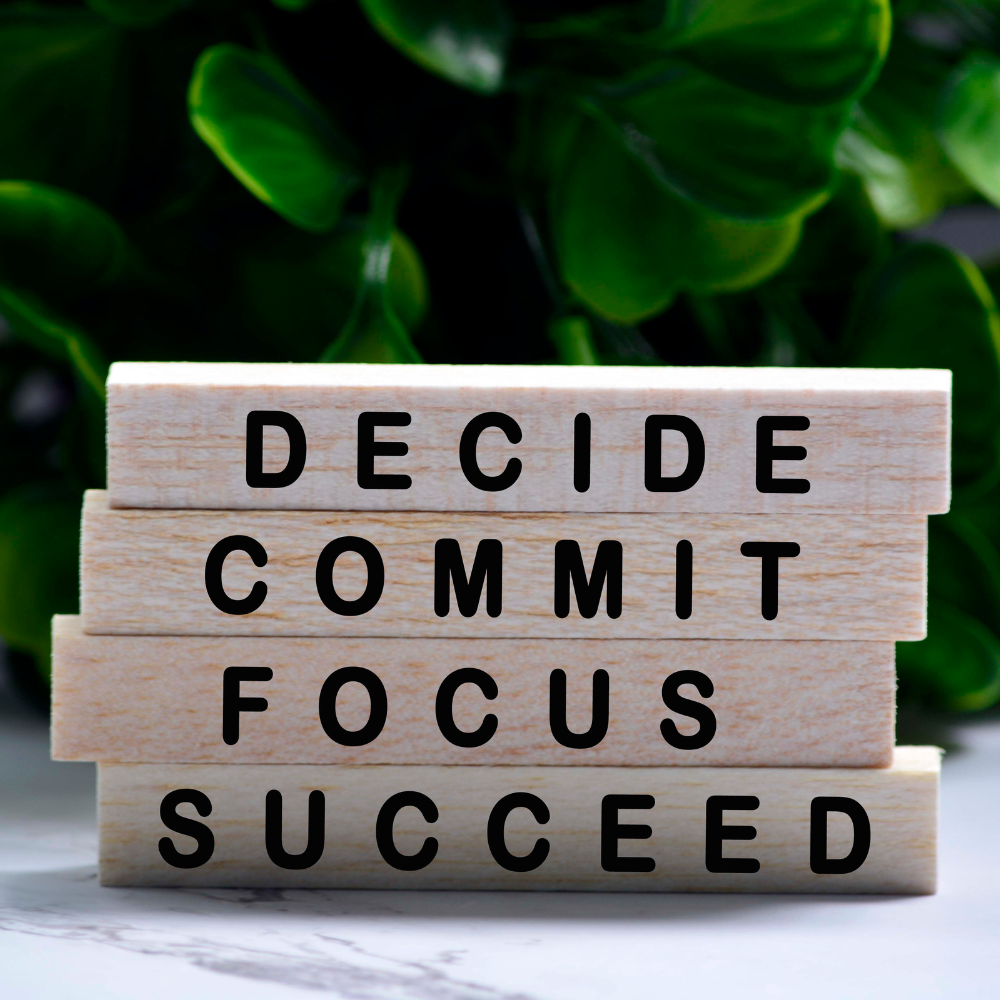
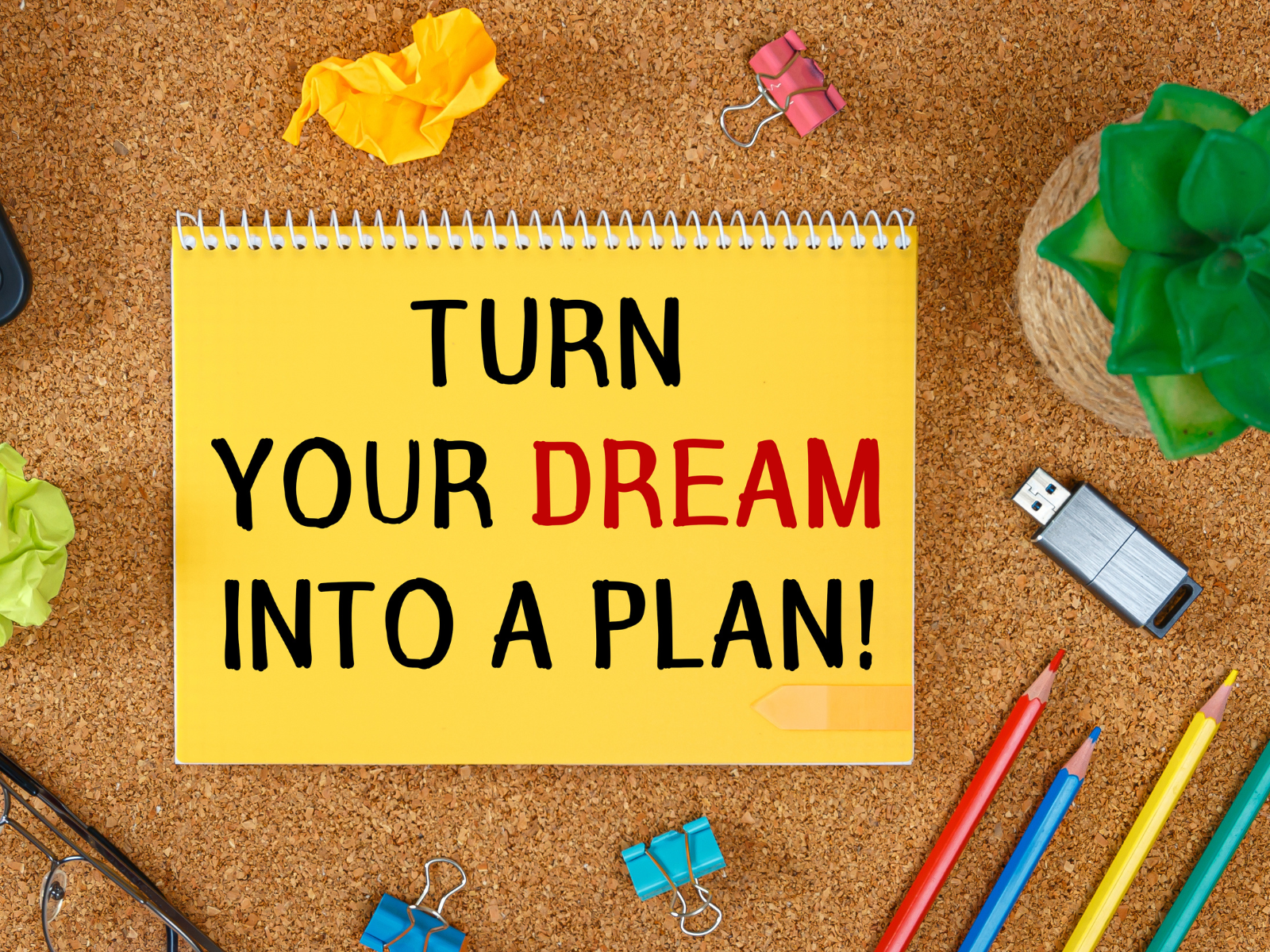
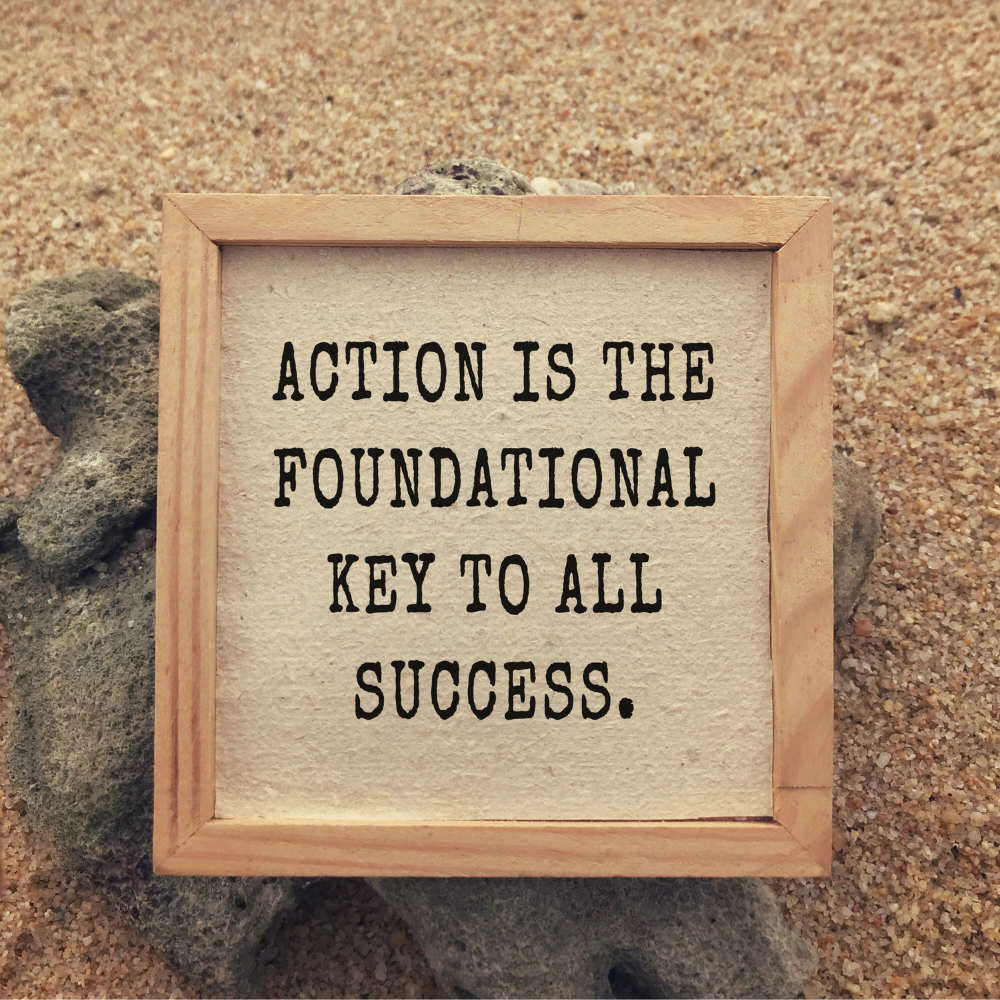
Keeping the Learning Spirit Alive
The journey of lifelong learning is a marathon, not a sprint.
Now that we've established the importance of lifelong learning for artists and creatives let’s dive into how you can develop a mindset for continuous learning:
- Stay Curious: Never lose your sense of wonder and curiosity. Keep an open mind , ask questions, and seek answers.
- Be Open to Change: Embrace change as an opportunity for growth rather than a threat.
- Seek Out New Experiences: Be willing to try new things and step out of your comfort zone.
- View Feedback as a Gift: Be open to constructive criticism and use it to fuel your growth.
- Believe in Yourself: Have confidence in your abilities and trust that with effort and dedication, you can achieve anything you set your mind to.
- Embrace Failure: Every failure is a lesson learned; failure is a natural part of the learning process. Don't fear mistakes; embrace them as stepping stones on your learning path.
- Celebrate Progress: Acknowledge your achievements, however small they may be. Celebrating progress fuels motivation and fosters a positive learning mindset.
- Schedule Learning Sessions: Make learning a part of your daily routine. Schedule it like you would an important meeting.
- Find an Accountability Partner: Team up with a buddy who shares your learning goal. You'll keep each other motivated and accountable.
With these tips in mind, you can develop a mindset for continuous learning that will propel you towards success in both your personal and professional life.
A continuous learning environment is one that encourages growth, exploration, and curiosity.
As artists and creatives, we have the unique opportunity to constantly learn and evolve in our craft.
By embracing a growth mindset, pursuing our passions, exploring new horizons, and using multiple sources for learning, we can continuously improve our skills and achieve our artistic goals.
Promoting continuous learning within the creative community can lead to a more vibrant and diverse artistic landscape.
Remember, the journey of lifelong learning is ongoing and ever-evolving, so embrace it with open arms and see where it takes you!
Keep exploring, challenging yourself, and never stop learning - the possibilities are endless!
With the right mindset and determination to continuously learn, sky's the limit for your potential as an artist.
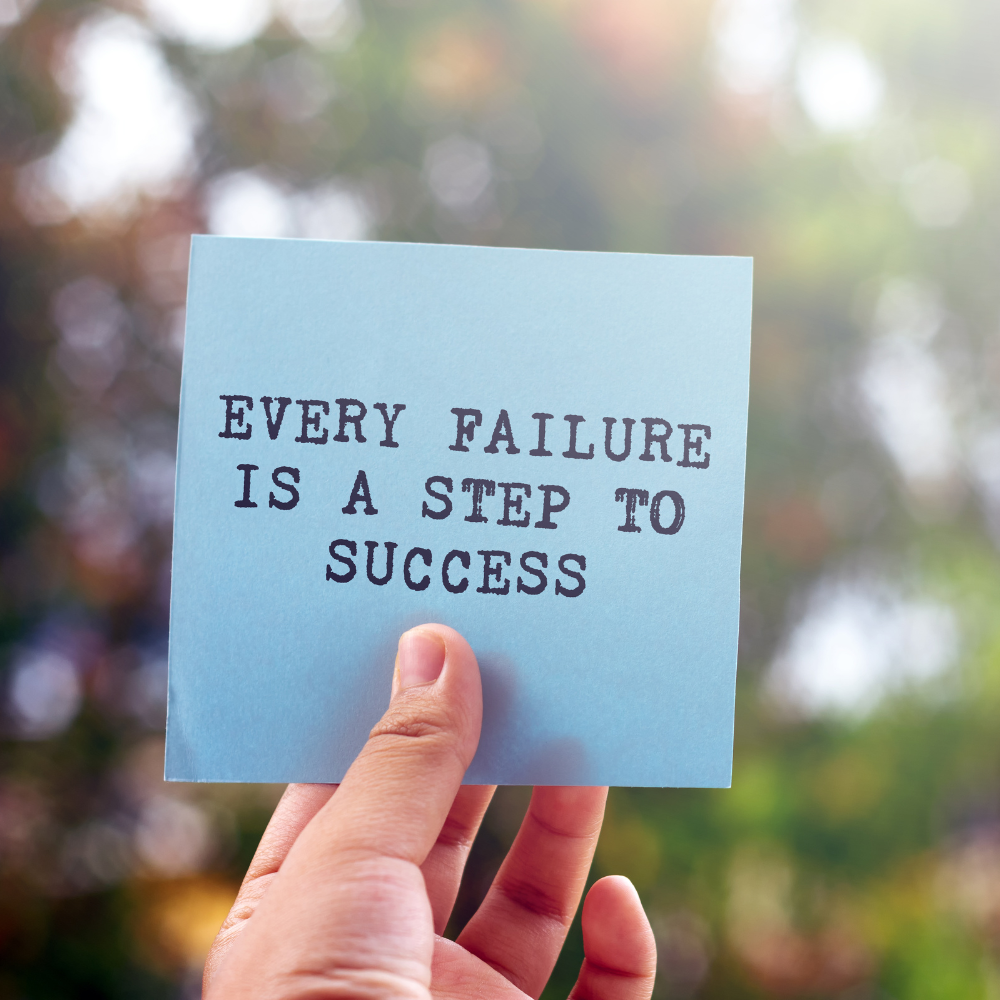
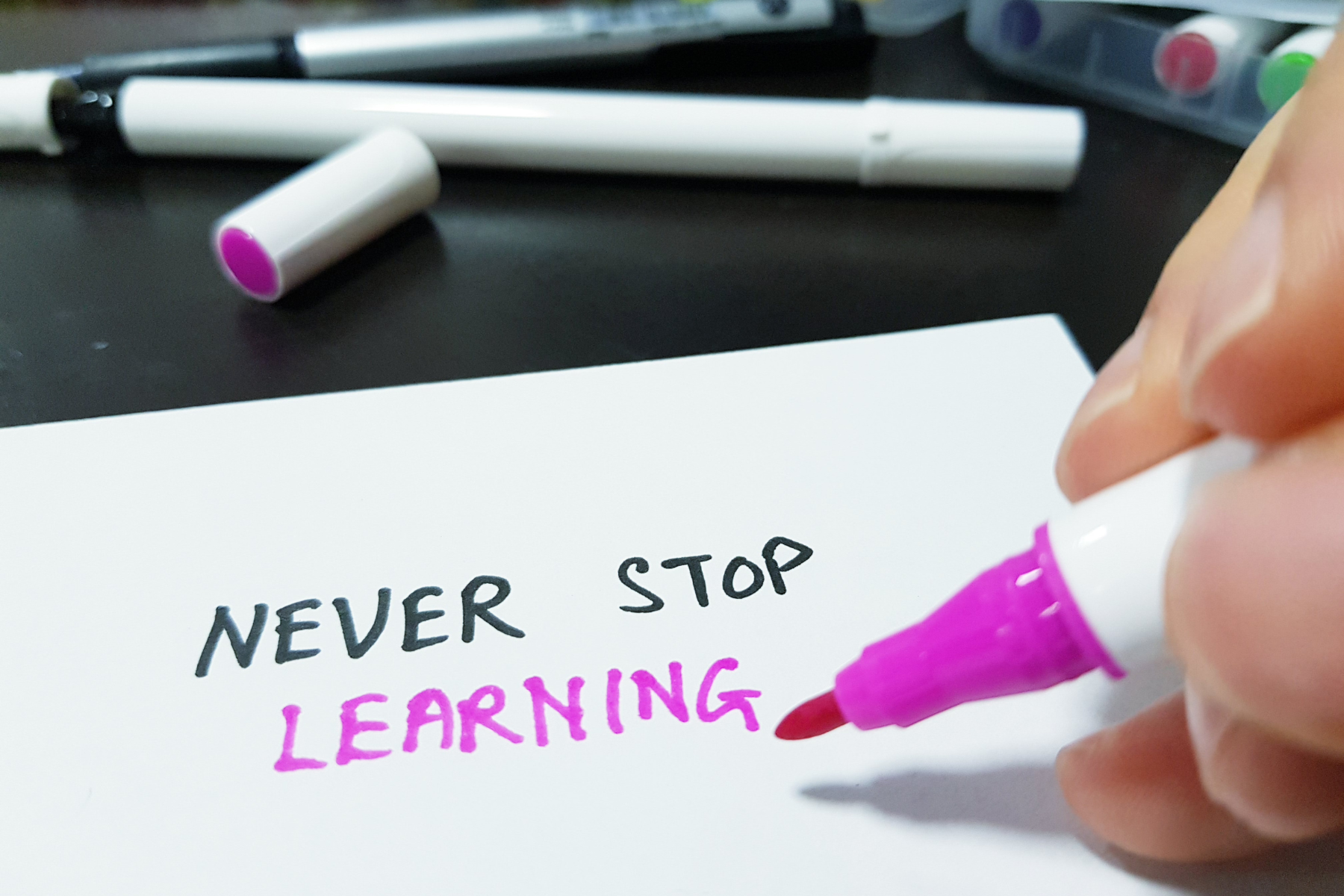

Ready, Set, Learn!
There you have it—the secret sauce to becoming a lifelong learner!
Learning is a never-ending process, especially for artists and creatives.
It's about realizing that every moment presents an opportunity to learn, grow, and evolve.
Being a lifelong learner is about adopting a mindset of growth, curiosity, and resilience.
Embracing continuous learning culture means embracing an attitude of growth and exploration, a willingness to try new things and dive into new creative possibilities.
There's always room to grow, learn, and develop as artists and creatives, and there's never a better time to get started than now.
It's time to develop a mindset for lifelong learning, ultimately leading to even greater creativity and fulfillment in your work.
Remember, the journey of a thousand miles begins with a single step.
So, go ahead, ignite your passion for learning, and watch as it transforms your life and creative work into an extraordinary masterpiece.
Take that step today and embark on your continuous learning adventure because your future self will thank you!
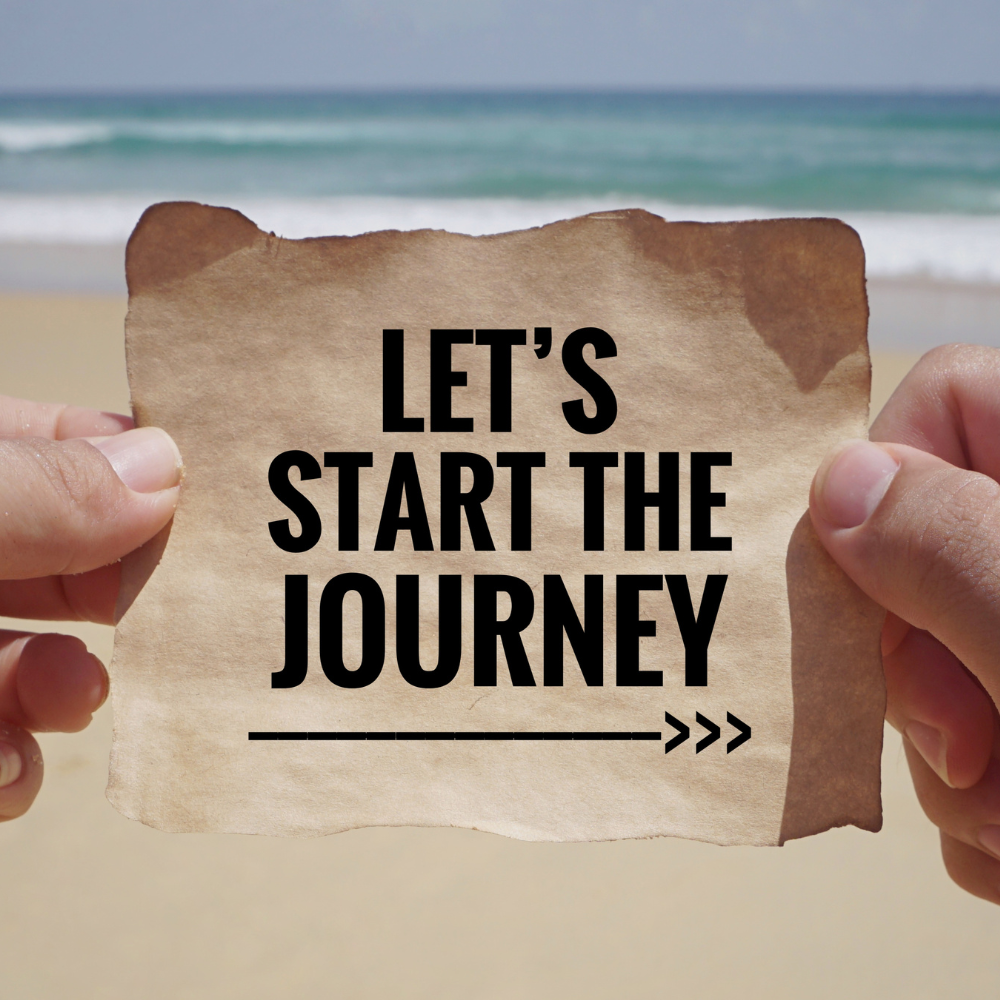
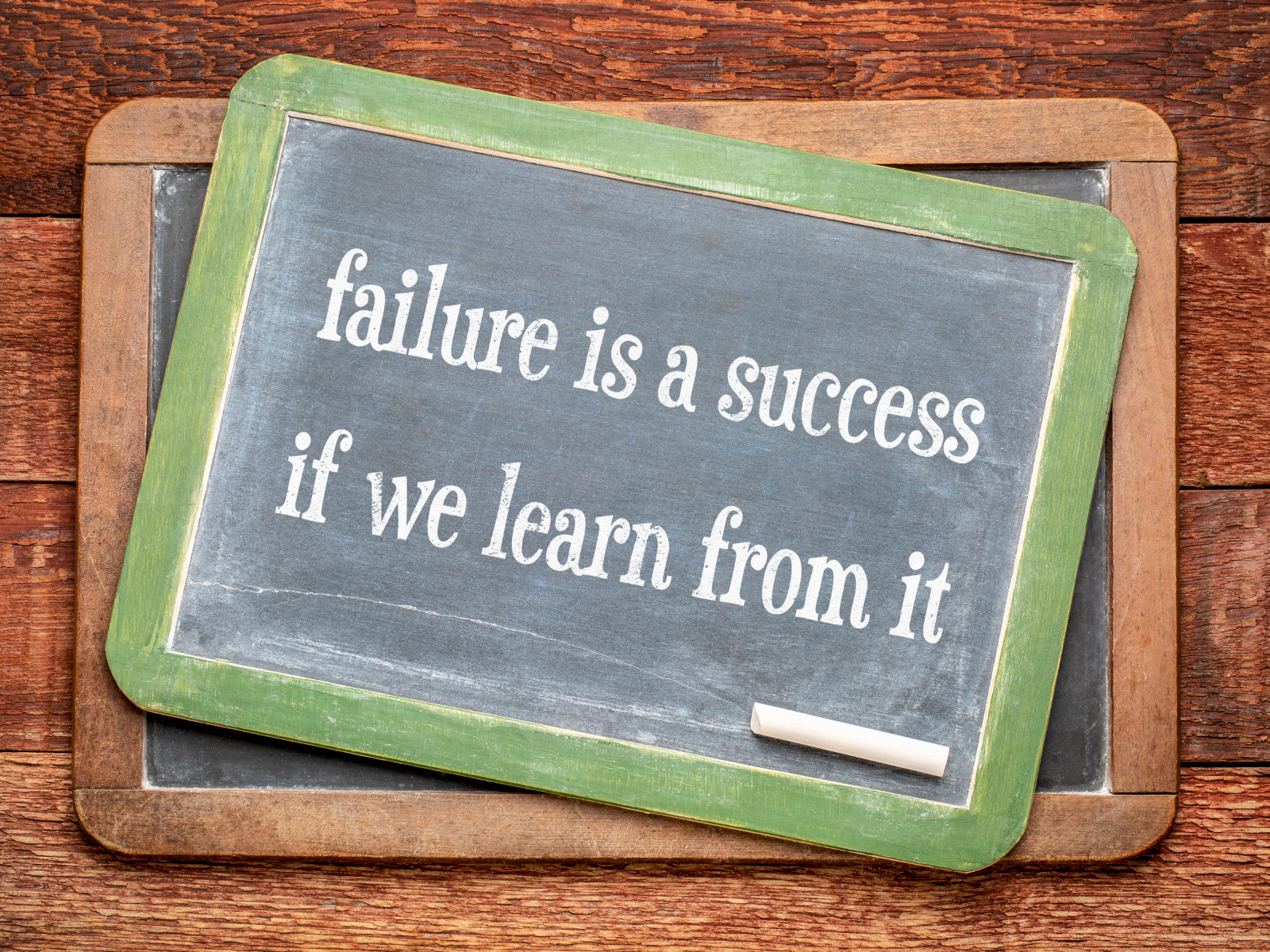
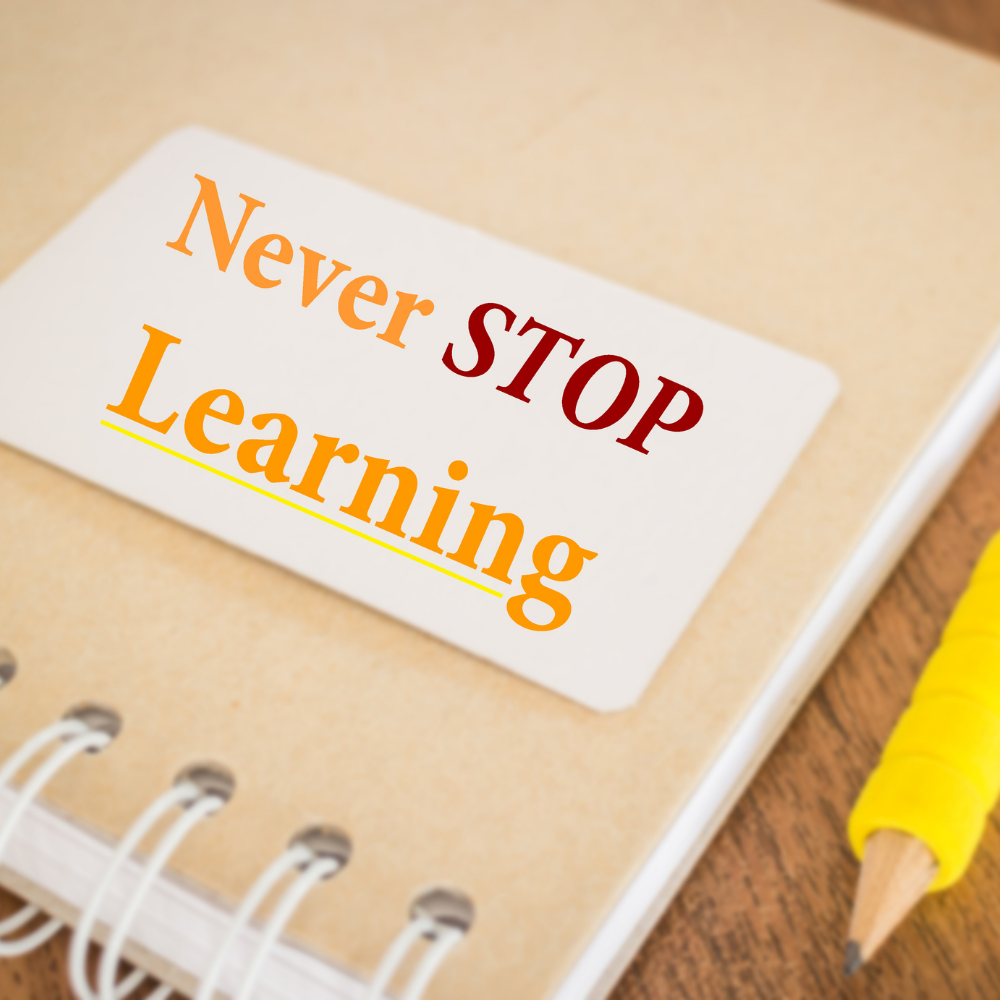
Ready to become a lifelong learner? Check out The Art of Improvement's video!
Want even more content about creativity and art?
Be sure to check out all of our creative chronicles!
Eager to explore your creativity?
Check out some of our other articles:
-Self-doubt: enemy to creativity
